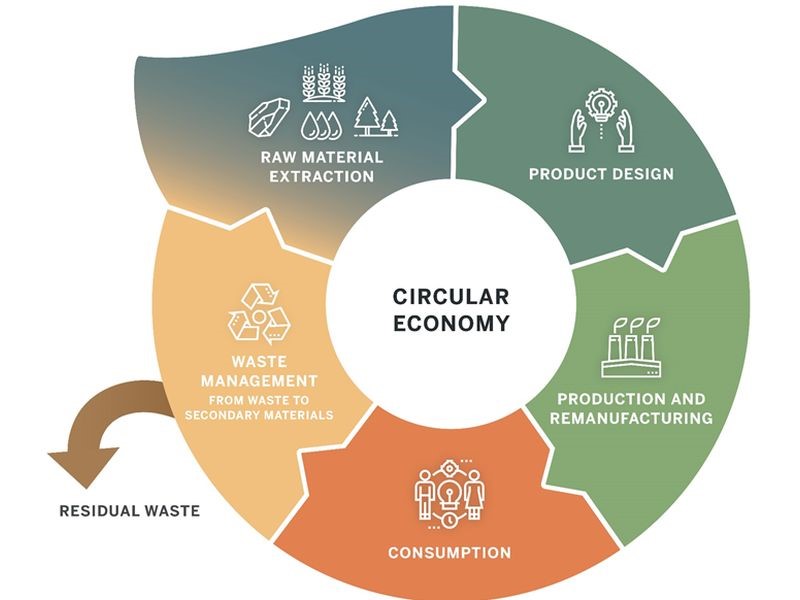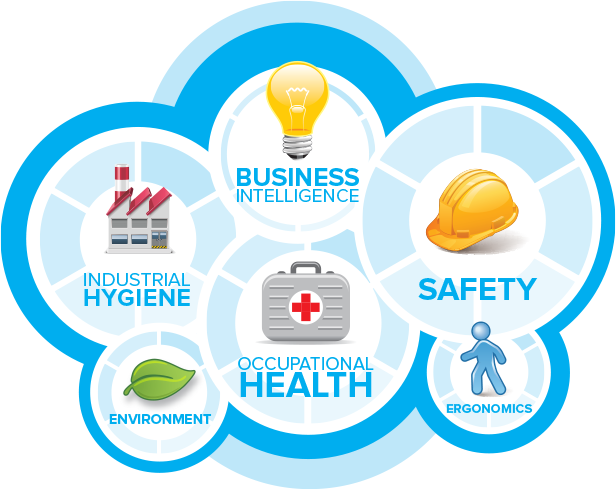

This Circular Economy training course will focus on the contemporary waste management practices and will examine each of these in relation to applicability in different sectors of the economy. Particular reference will be made to the transition from the linear economy to the circular economy approach and the implications of this on the sustainable use of resources.
By the end of this course delegates will be able to:
Organization benefits:
This interactive Training will be highly interactive, with opportunities to advance your opinions and ideas and will include;
BTS attendance certificate will be issued to all attendees completing minimum of 75% of the total course duration.
| Code | Date | Venue | Fees | Register |
|---|---|---|---|---|
| HSE126-02 | 31-05-2026 | Amman | USD 5450 | |
| HSE126-03 | 06-09-2026 | Cairo | USD 5450 | |
| HSE126-04 | 16-11-2026 | Istanbul | USD 5950 |

Industrial hygiene can be defined as the art and science devoted to the anticipation recognition, evaluation, communication and control of environmental stressors in the work place that may result in ...

Occupational Risk Management is a modern fast moving subject. It covers all aspects of risk associated with the worker, the work environment and its effects on health. There are many interfaces with o ...

While all workers in the lab are responsible for contributing to a safe working environment, the Occupational Safety and Health Administration (OSHA) requires supervisors to play an important role in ...

Exposure to chemicals is one of the most common hazards in occupational settings. Where individuals are exposed to chemical substances at work risk assessments are required for compliance with the Eur ...
Providing services with a high quality that are satisfying the requirements
Appling the specifications and legalizations to ensure the quality of service.
Best utilization of resources for continually improving the business activities.
BTS keen to selects highly technical instructors based on professional field experience
Since BTS was established, it considered a training partner for world class oil & gas institution
1st floor, Incubator Buildingو Masdar City, Abu Dhabi, UAE
Sun to Fri 09:00 AM to 06:00 PM
Contact Us anytime!
Request Info